Visiting
Liverpool: A maritime city of culture and innovation
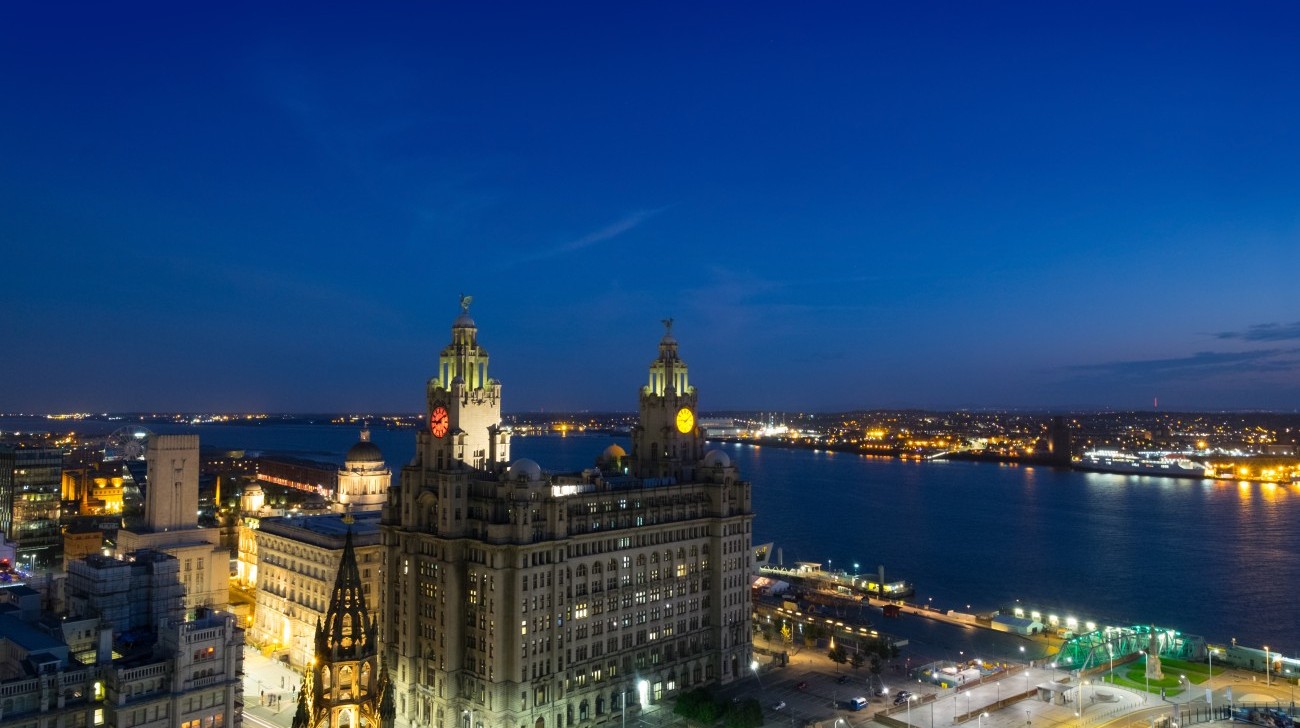
From its lively waterfront, grand architecture, historic museums, vibrant arts and music scene, celebrated football clubs, and welcoming people, Liverpool offers a rich cultural experience.
With 800 years of history, Liverpool is one of England’s most legendary and innovative cities.
Steeped in history built on maritime heritage and its influence on world trade, the first-ever commercial wet dock opened in Liverpool in 1715. A further milestone came in 1846, with the opening of the revolutionary and architecturally celebrated Albert Dock. By the late 19th century, Liverpool was at the epicentre of global commerce, with over 40 per cent of the world’s trade passing through the docks.
But after the devastating Blitz of the Second World War, Liverpool suffered the same post-industrial confidence crisis that hit many northern cities in the UK. Moreover, the city’s dependence on port industries meant it found the transition harder than other cities, so much so that by the 1970s, the Albert Dock was left derelict and abandoned. It was not until the following decade, with the reclaiming of the Dock and its regeneration, that Liverpool was put back on the map.
Now known as the Royal Albert Dock, after being granted a Royal Charter in 2018, it’s a major tourist attraction in the city, comprising the largest collection of Grade 1 listed buildings in the UK, and home to the International Slavery Museum, Tate Liverpool, as well as many shops, bars, restaurants, hotels and other businesses.
Vibrant arts culture
The city’s maritime history is one of the reasons why Liverpool has such a diverse and vibrant culture and arts scene. The city is home to Europe’s oldest-established Chinatown, and its musicians were among the first to be exposed to the rhythm and blues of the USA’s Deep South. Liverpool’s port status has always meant it has been quick to soak up customs and cultures from all parts of the globe.
As the birthplace of the Beatles, a designated UNESCO City of Music and, more
recently, in May this year, as the host of Eurovision on behalf of Ukraine, music has long been the lifeblood and beating heart of Liverpool and its people. During your visit to the Congress, take time to visit the legendary Cavern Club, where live music is played every day, or book an electrifying performance of the Royal Liverpool Philharmonic Orchestra, the UK’s oldest continuing professional symphony orchestra. If you’re a fan of the Fab Four, then don’t miss a visit to the award-winning ‘The Beatles Story’, the world’s largest permanent exhibition solely devoted to telling the story of their lives.
Liverpool’s wider art scene is vibrant and inspiring. It’s the host city of the UK’s Biennial of Contemporary Art: a celebration of all that art can do to transform places and people. Home to the National Collection of art in the North, Liverpool’s Walker Art Gallery contains one of Europe’s finest collections of paintings, drawings, sculpture and decorative art, from Pre-Raphaelite masterpieces to David Hockney’s shimmering sixties’ canvasses. Elsewhere, the Tate’s northern base offers an always-vital assessment of contemporary art, complemented by the city’s artist-led galleries.
Renaissance
Liverpool is a compact, walkable and liveable city that encourages outdoors exploration. The city has more galleries and museums than any other UK city outside London, and a passion for sports, including two of the world’s historic football clubs, Liverpool FC and Everton FC.
Like any city, it has its challenges, and indeed faces some of the greatest health and income disparities in the UK – but Liverpool is also enjoying a renaissance. The city’s regional economy is one of the fastest growing in England, while developments such as the £1bn flagship Paddington Village at the eastern gateway to the Knowledge Quarter, a thriving innovation district, are attracting businesses and enterprises from across the science, tech, education, and health and life sciences sectors, including the Royal College of Physicians’ Spine building – the ideal venue for this year’s Congress.
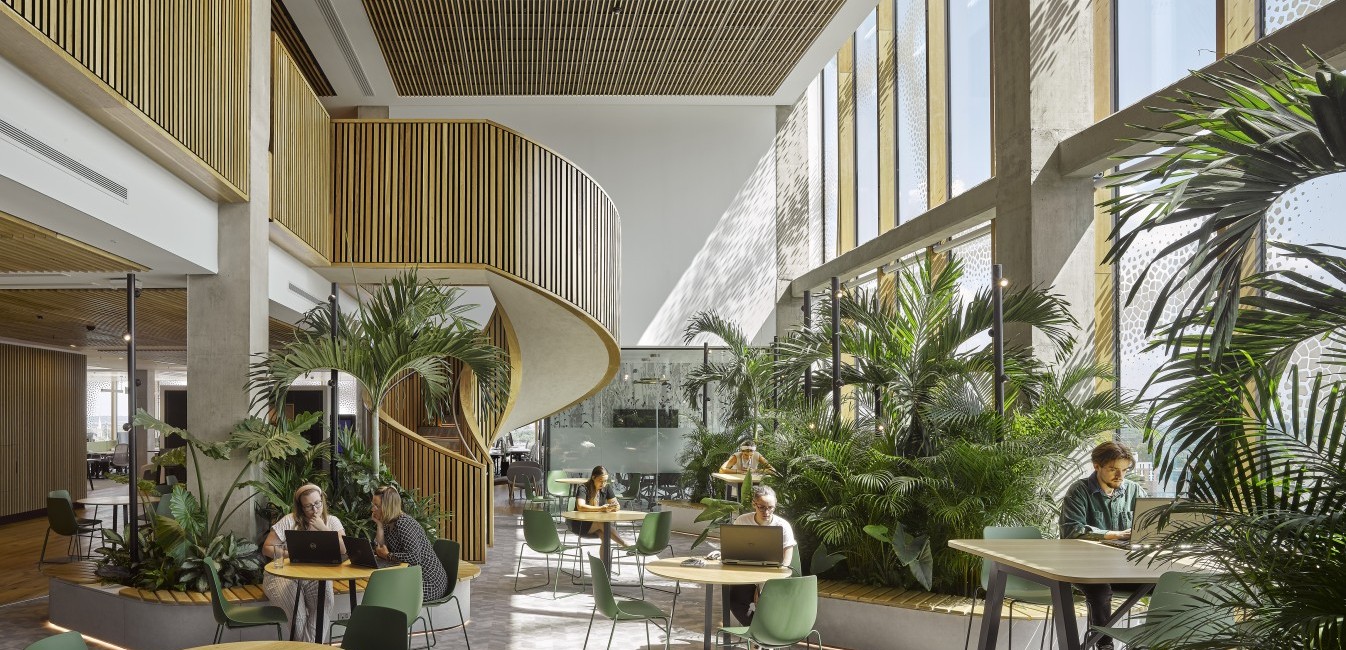
The venue – Royal College of Physicians, The Spine
Considered to be one of the world’s healthiest buildings, the Spine is designed to the WELL Platinum Standard and is an outstanding example of workplace and education design. As the northern home of the Royal College of Physicians, the building encompasses the College's values throughout. Designed by AHR, The Spine houses a mix of activity-focused areas set across a flexible layout. With some of the best and most advanced medical simulation facilities in the world, there are also spaces designed to host the PACES examinations and medical assessments.
Address: 2 Paddington Village, Liverpool L7 3FA
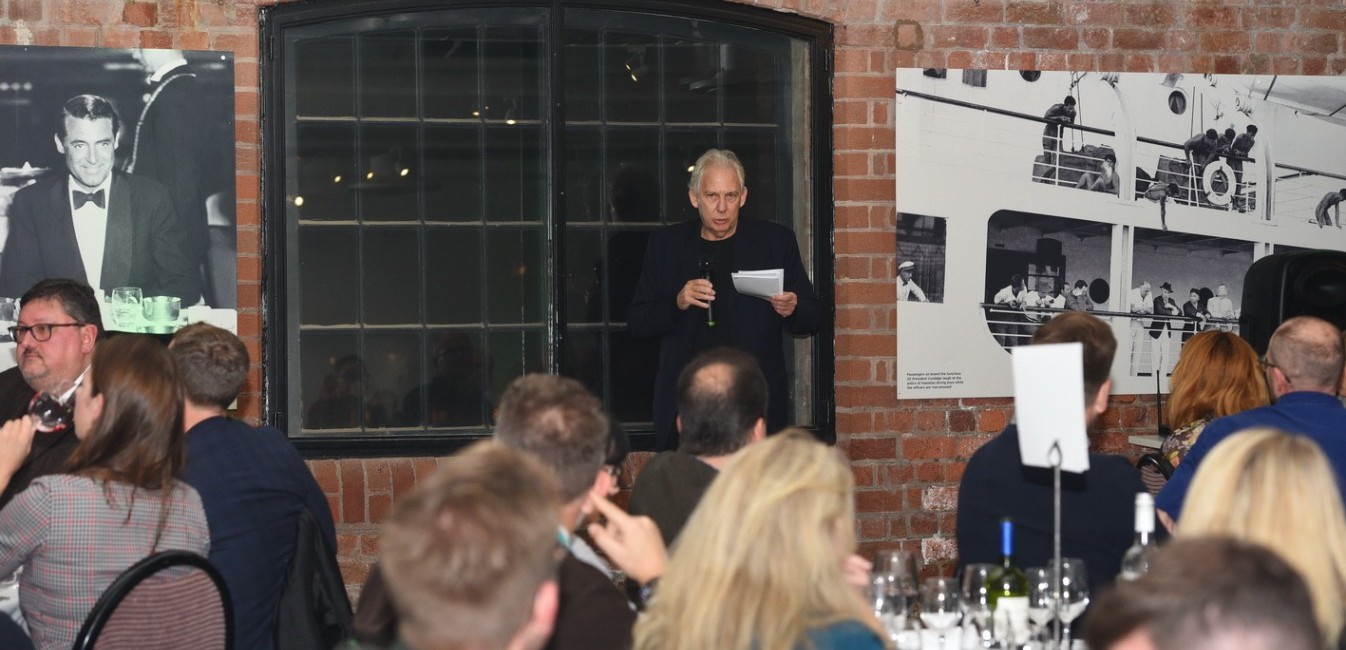
Evening Networking Dinner
Taking place on the evening of day one of the Congress, the networking dinner will be an opportunity for delegates to connect informally with members of the programme committee, as well as enjoy a sumptuous three-course meal and a live music performance.
Date and time: 15 October, 19.00-22.00
Address: World Museum, William Brown St, Liverpool, L3 8EN
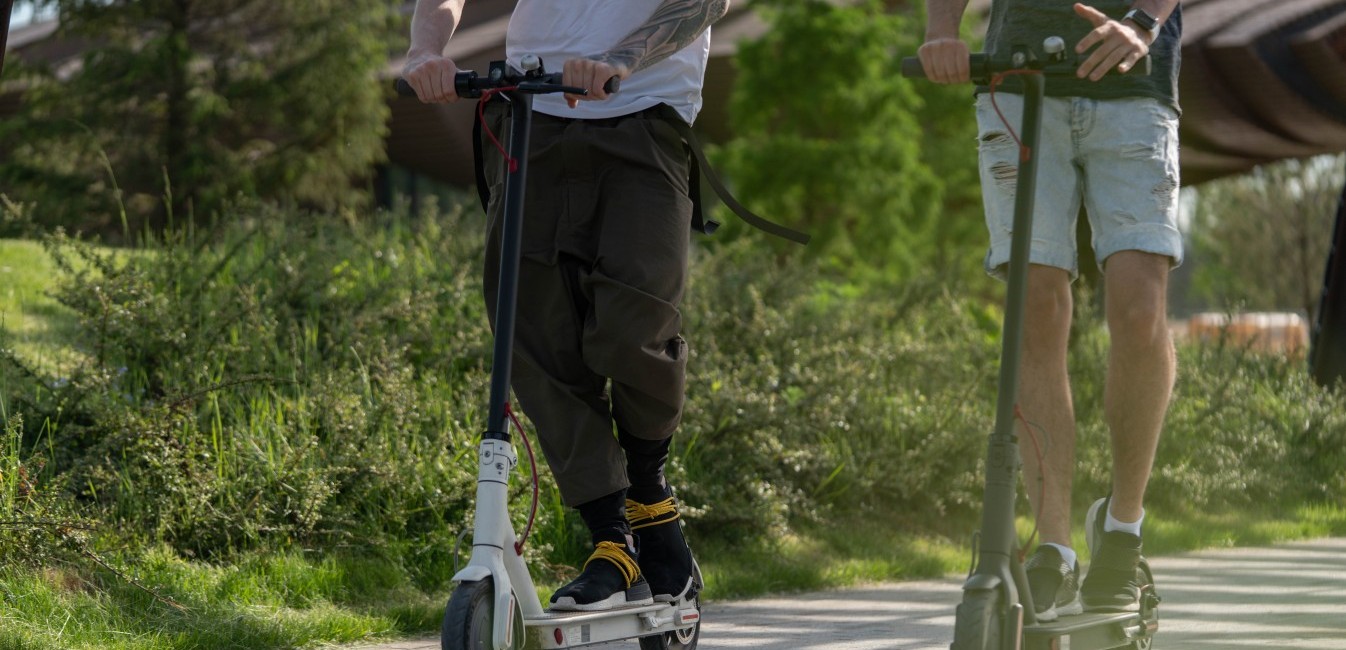
Travel information
Liverpool has excellent global travel links, including by plane, rail, road and sea. It's also a very walkable city.
Click below to discover the different travel links to Liverpool
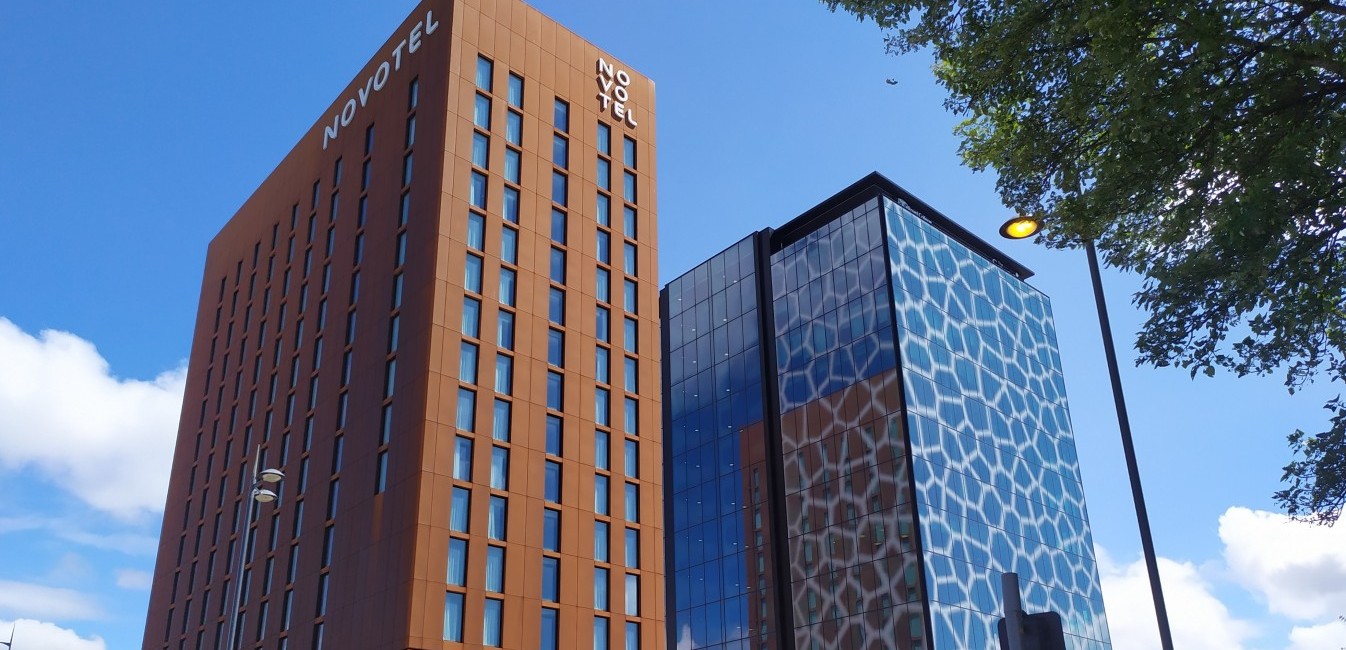
Recommended hotel – Novotel Liverpool Paddington Village
The Novotel Liverpool Paddington Village is located in a prime position next door to The Spine and just a stone’s throw from the many university campuses. As the highest hotel in the City, it offers incredible views over Liverpool and the River Mersey. Preferential rates for congress delegate are available after booking your Congress ticket.




